✯✯✯✯✯
From the many filmmakers out there who have adapted Shakespeare over the years, no one has understood such works better than Akira Kurosawa has. With Throne of Blood he provides the very best version of Macbeth that the screen has ever witnessed but with Ran comes arguably the finest of all Shakespeare adaptations with its own rendition of King Lear. My own affinity for the films of Akira Kurosawa stems more from the sheer fact he has directed my favourite film of all time but from how he grasps a means of setting up sequences one after another, for no other cinematic storyteller had carried a grasp much like that of his own. With Ran he has only created one of the finest examples of the craft as of yet but even my first exposure could not have allowed me to grab onto what made thus particular film above all else as the greatest Shakespearean tragedy adapted for the screen.

Akira Kurosawa’s final epic for the big screen finds the director amidst a state of twilight; he tells a tale of downfall through adapting Shakespeare’s King Lear. In this version of the story, our protagonist is the lord Hidetora Ichimonji, who decides that because of his old age he must now divide his kingdom among his three sons. Unfortunately a reminder comes for Hidetora that it is foolish for him to place full trust in his sons, expecting them to return gratitude with undeniable loyalty for his methods of acquiring obedience have only been the most ruthless. This is where Kurosawa finds a grasp on one of his most emotionally complex studies of character, for chaotic reign across the land only finds itself at a cost of bringing more to run if he bearer no longer finds himself in power. This chaos has corrupted the people that Ichimonji loves the most, and only a greater tragedy has come afoot.
In English, the film’s title “Ran” means chaos. All throughout Ran, it is what lingers most as Kurosawa only foreshadows the worst all throughout. Hidetora’s presence is what keeps the kingdom at peace and in unity amongst one another. Yet with Hidetora’s history he is only seen as a god-like figure amongst the people living under his ruling, even to his own children. In addition to this chaos comes an incredible sense of nihilism, hinted from the film’s opening sequence in which Hidetora is chasing a boar – giving clear hindsight of what has acquired him the stature he carries within the kingdom. At its most incredible, what Ran manages to achieve is an allegory for the death of a god and what it does to the people who were impacted so greatly. Kurosawa’s understanding of Shakespeare goes beyond the act of simply adapting one’s work to the big screen, for it takes comfort in making the work its own by playing something all the more subversive into this tragic tale.
Noting Kurosawa’s understanding of the film’s Shakespearean roots, not only is his sense of translating the material incredible but amidst backgrounds a greater achievement has come into play. But it’s how Kurosawa manages to encapsulate such a large environment for this tragedy where Ran finds itself at its finest points for not only is the production and costume design one of its own kind but its use of colour is something so striking on all counts in what it evokes of its setting in 16th century Japan. Every background detail only feels reflective of the emotions that every image possesses and the greater power coming on Akira Kurosawa’s end is the fact that it still manages to carry a great connection even through smaller actions resulting in a balance of tones so beautiful. This destruction has come as a result of neglect as the result of mindless governing, and its touch on humanity is still something of its own kind, the kind that Kurosawa has perfected in a career consisting only of fine-tuned studies even with his grander scales.
As he takes this grand scale one last time, the most beautiful thing to come out from Kurosawa’s Ran is the fact that it was never a film that focused only on the action, but that having been said – it feels so much more visceral with its display of violence compared to all the rest. That having been said, the staging of the film’s major battle sequences is something to behold, for within all the chaos that Kurosawa has depicted on the screen, it still feels very theatrical in the best sense: for it was the only way that Shakespeare could properly have been done justice on the big screen. It’s theatrical on the count that its colours and costumes are on point in creating the environment set afoot for the tragedy coming into play, but what’s most astonishing about how Kurosawa tells his own story in Ran is how it still feels relevant in our culture. The moment in which Toru Takemitsu’s score plays during the film’s major battle sequences only leaves a haunting effect in the mind, for the way in which it accompanies the chaos presents only something so unflinching.
Could this be the finest film to have ever been adapted from one of Shakespeare’s tragedies? Kurosawa’s final epic, or maybe his final masterpiece as we speak – still remains one of the most chaotically beautiful films ever made. It’s a beautiful film to watch because its production values evoke the look of theater, the way Shakespeare is best told and the imagery accompanies the tragedy by highlighting a great sense of isolation amidst its characters and their lack of loyalty with its painting-like qualities. A treat of this sort is so rare for its own title presents a clear idea of the anger that is set to come forth. And within this anger, the tragedy only finds itself heightening to a new degree, because in all the very best films from Akira Kurosawa, what has gone on to define them within the grandest of scales is how they still keep an unflinching grasp at the humanity at their core. With Ran, he has only displayed some of the most broken and ultimately, something so poetic.
Watch the trailer right here.
All images via StudioCanal.
Directed by Akira Kurosawa
Screenplay by Akira Kurosawa, Hideo Oguni, Masato Ide, from King Lear by William Shakespeare
Produced by Serge Silberman, Masato Hara
Starring Tatsuya Nakadai, Akira Terao, Jinpachi Nezu, Daisuke Ryu, Peter, Mieko Harade
Release Year: 1985
Running Time: 162 minutes
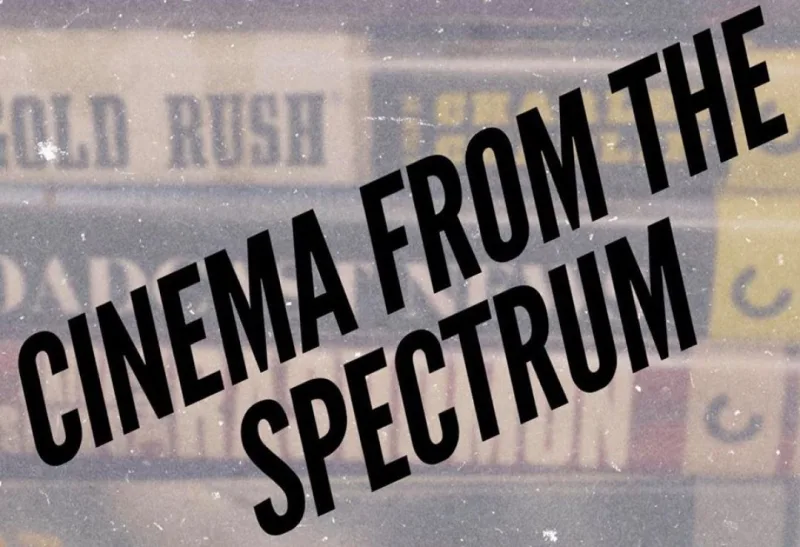


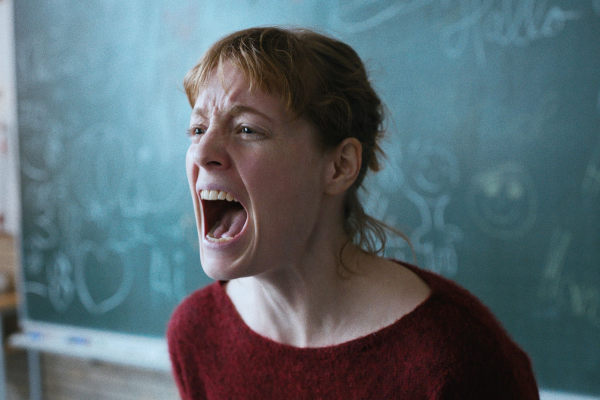
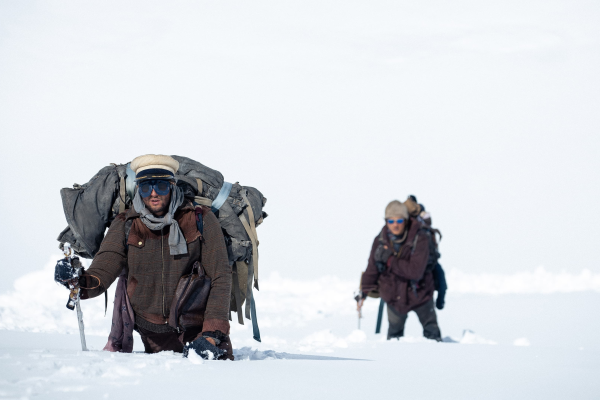
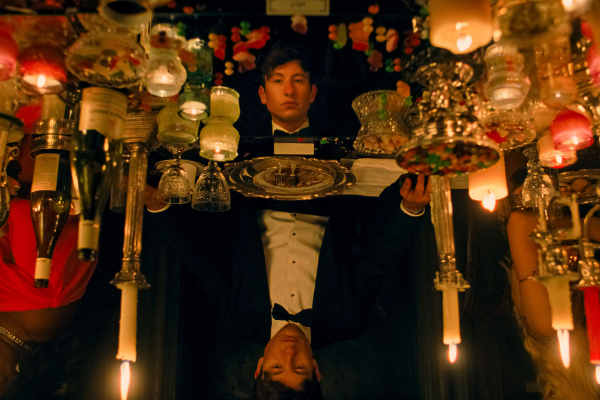
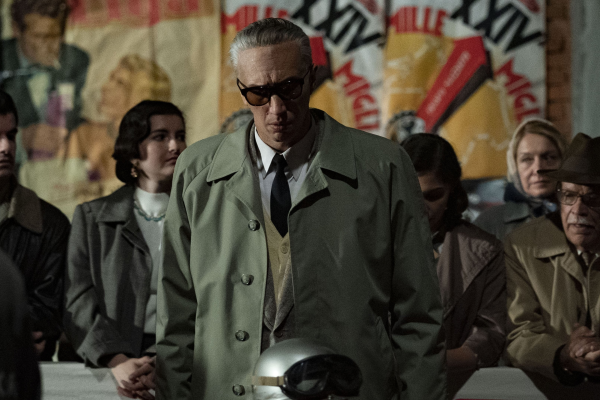
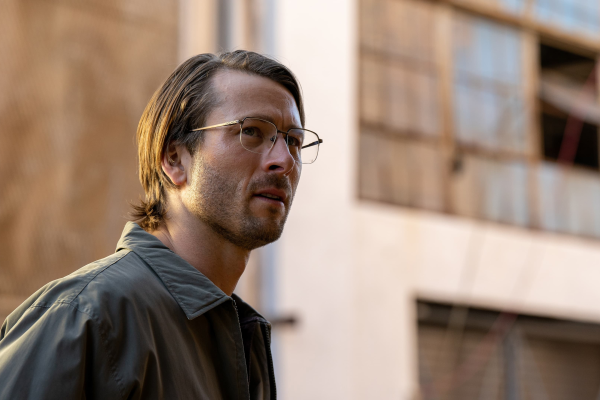
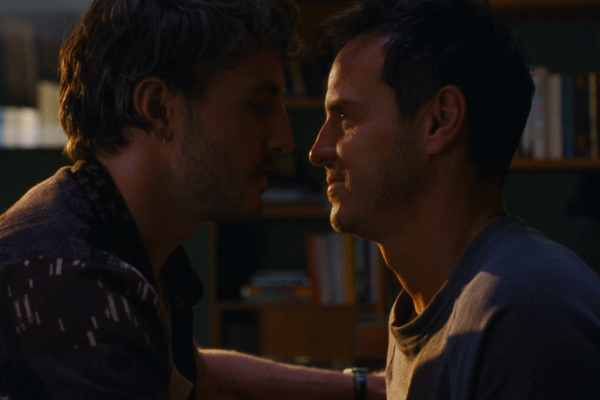
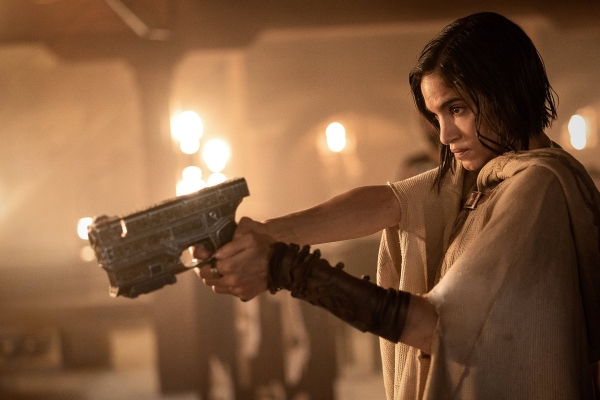
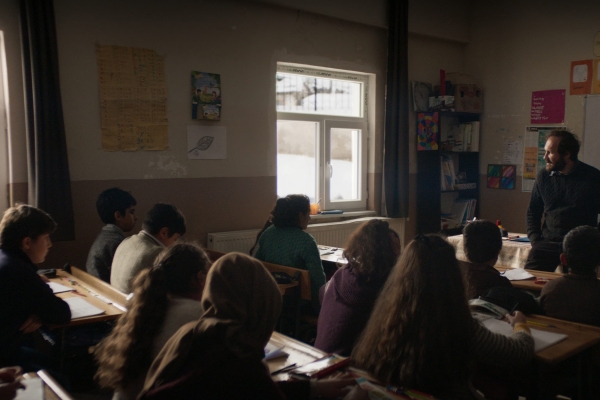

Excellent review! I love this film so much – the imagery, poetry, and storytelling of a Shakespeare classic all blend together so well. Kurosawa is one of the all-time masters.
LikeLiked by 1 person
Thank you!
LikeLike